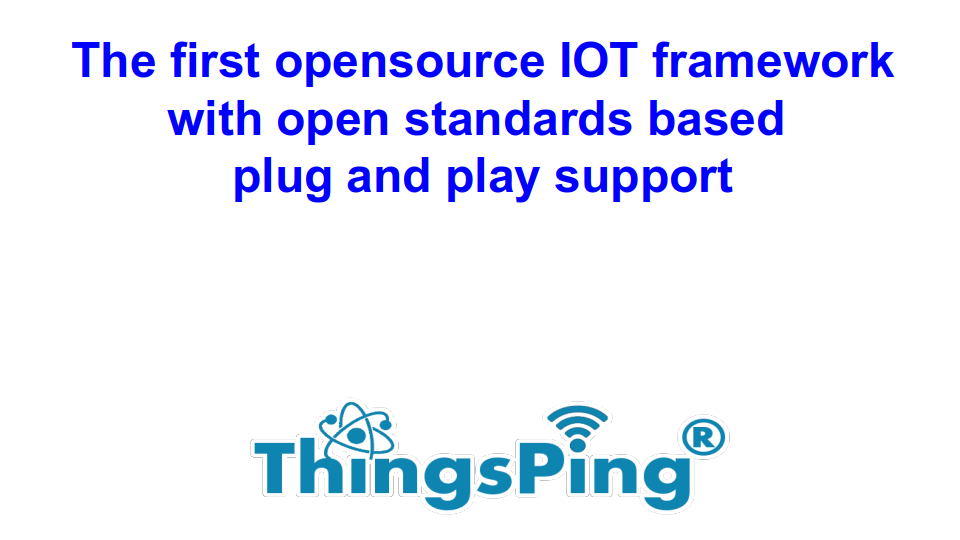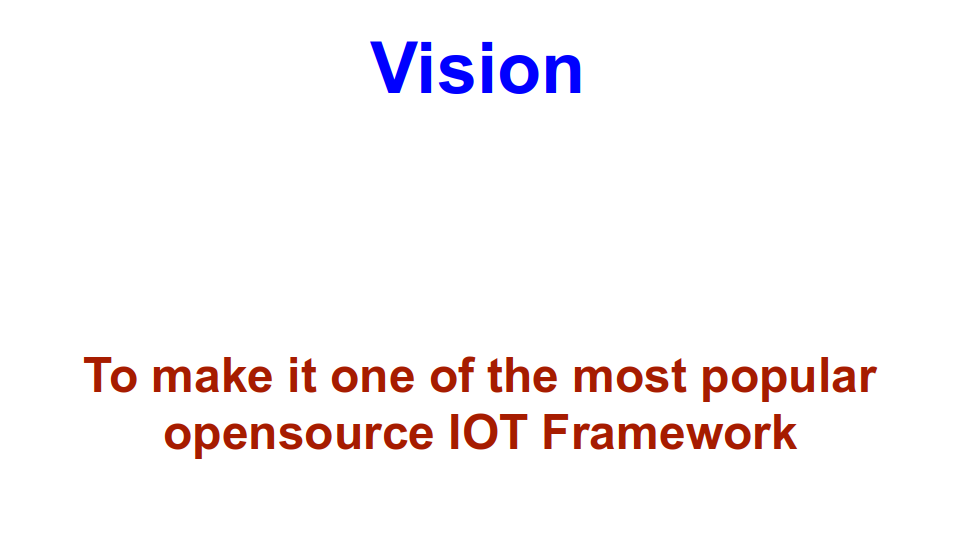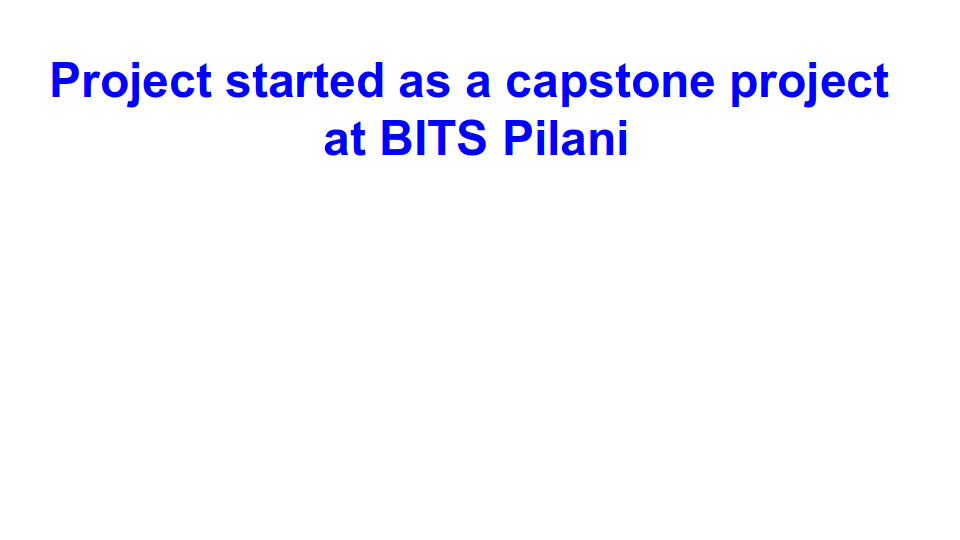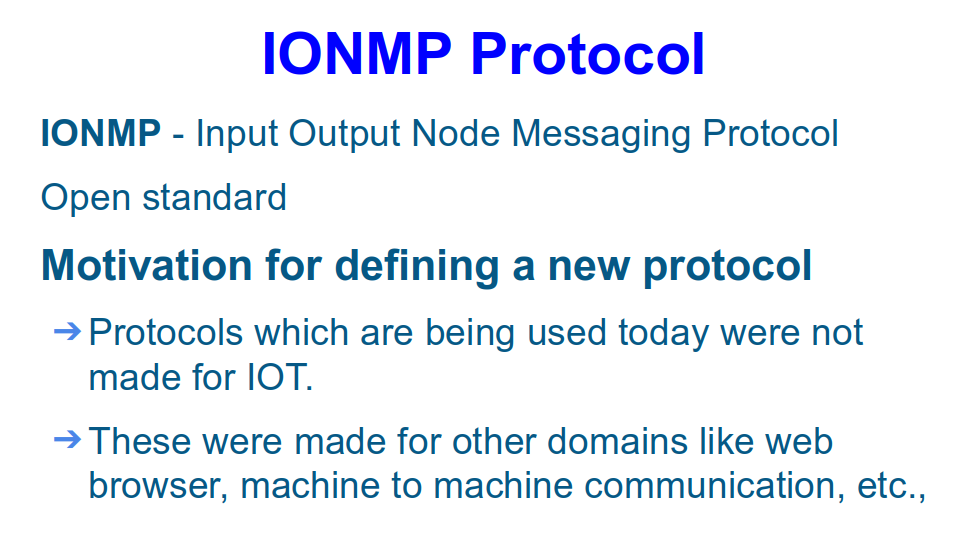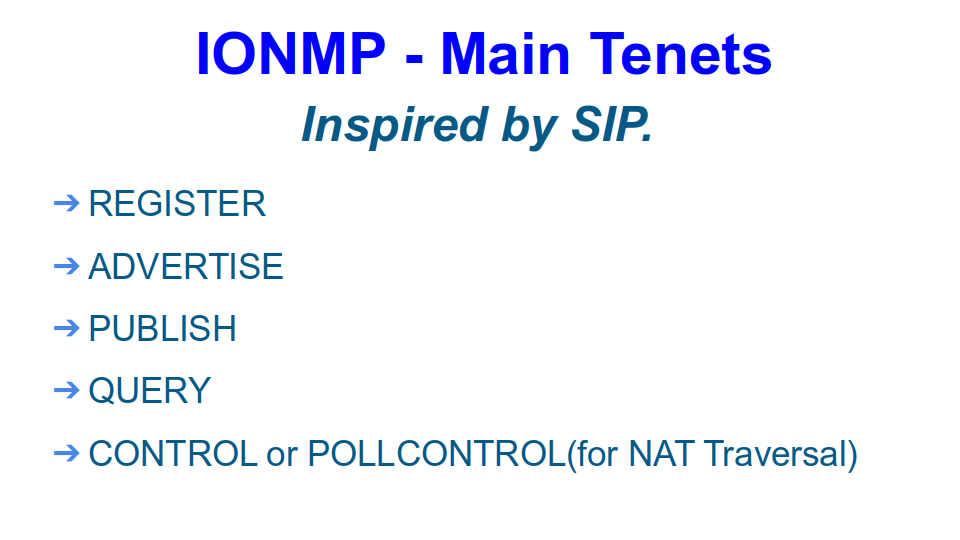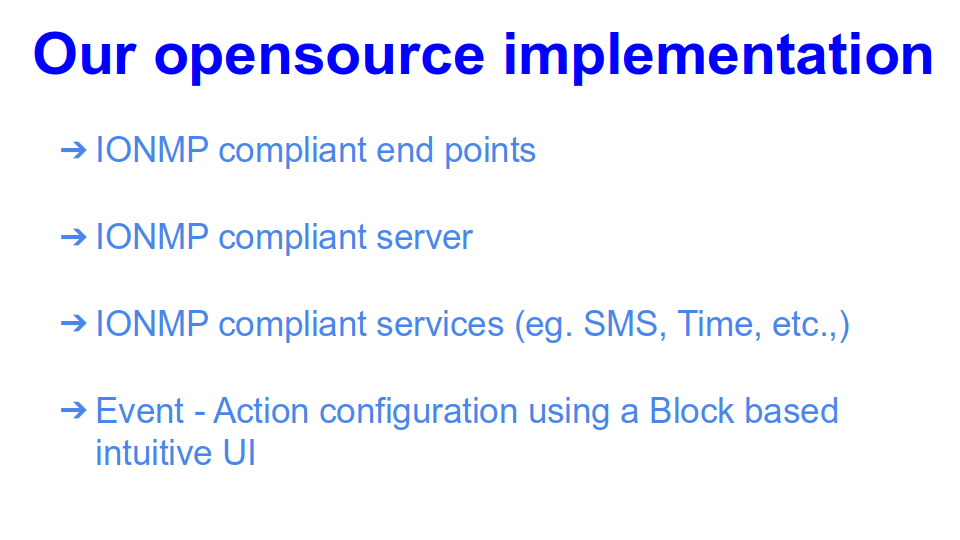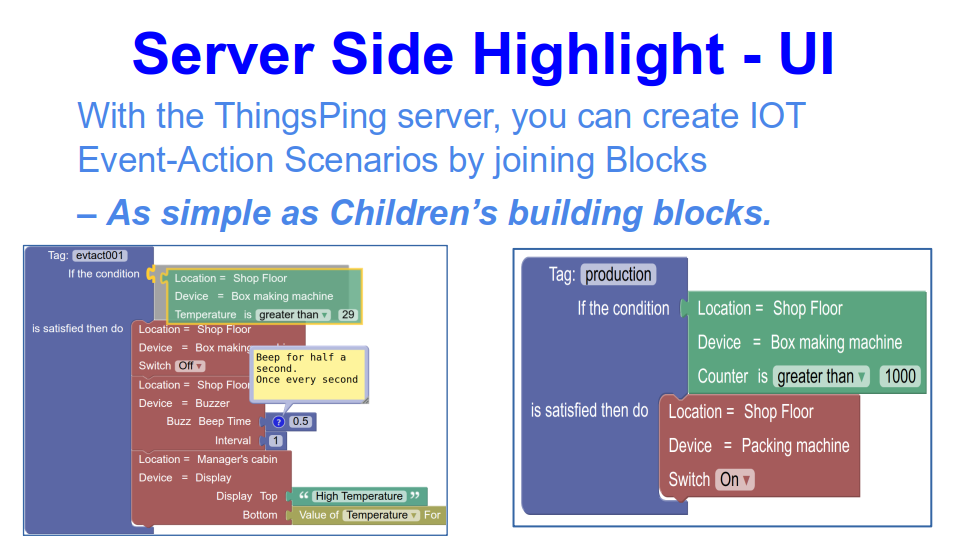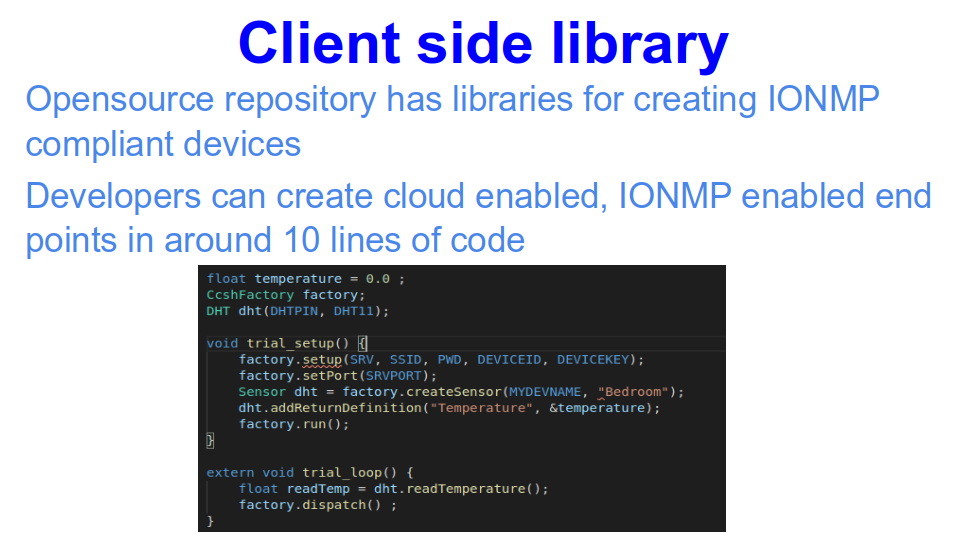NEWS/UPDATE
Hooray! On 4th March 2020, we released the IONMP specification into the opensource repositories. It was unfortunately delayed by atleast a couple of months w.r.t our original plan, but the additional protocol support which we added during these past couple of months hopefully justifies this delay.
After that we have slowly been making progress on releasing the implementations also into the opensource community.
To start with we have chosen Github as the SCM repository, issue control and wiki.
Hooray! On 4th March 2020, we released the IONMP specification into the opensource repositories. It was unfortunately delayed by atleast a couple of months w.r.t our original plan, but the additional protocol support which we added during these past couple of months hopefully justifies this delay.
After that we have slowly been making progress on releasing the implementations also into the opensource community.
To start with we have chosen Github as the SCM repository, issue control and wiki.
IONMP Specification
A protocol written exclusively for IOT. The protocol specification defines the structure of messages for devices to participate in a plug-an-play IOT environment. Read more ...
A protocol written exclusively for IOT. The protocol specification defines the structure of messages for devices to participate in a plug-an-play IOT environment. Read more ...
Where to get it?
Specification - The specification is being maintained using Github.
Link to Repository url
Specification - The specification is being maintained using Github.
Link to Repository url
Issues - Issues are tracked using the Github Issue tracker
Link to Issue Tracker
Server Implementation
IONMP server. Our implementation has been written in python. In the current version, the server does not implement the entire specification, but it is good enough to be fully functional. We have, in fact, implemented several proof of concept IOT implementations using this server. This server is a continous work in progress development and slowly we will make it fully IONMP compliant.
The server has complete support for entities behind NAT. The implementation works directly with most common routers without having to punch holes in the firewall or the router.
IONMP server. Our implementation has been written in python. In the current version, the server does not implement the entire specification, but it is good enough to be fully functional. We have, in fact, implemented several proof of concept IOT implementations using this server. This server is a continous work in progress development and slowly we will make it fully IONMP compliant.
The server has complete support for entities behind NAT. The implementation works directly with most common routers without having to punch holes in the firewall or the router.
Where to get it?
Repository - The repository is available at Github.
Link to Repository url
Repository - The repository is available at Github.
Link to Repository url
Issues - Issues are tracked using the Github Issue tracker
Link to Issue Tracker
Device Implementations
Libraries / Reference implementations for clients that implement the IONMP Protocol. We will be spreading these into two categories -
Libraries / Reference implementations for clients that implement the IONMP Protocol. We will be spreading these into two categories -
- Microcontroller specific device libraries
- Actual implementation of IONMP compliant devices
Where to get it?
Repository - The repository is available at Github.
Link to Repository url
Repository - The repository is available at Github.
Link to Repository url
Issues - Issues are tracked using the Github Issue tracker
Link to Issue Tracker
License
Currently all our opensource projects are licensed using the AGPL License. A copy of the AGPL license can be found Here
Why AGPL? Why not a business friendly opensource license like Apache?
Let's start with saying that we are fans of big fans of business friendly licenses like Apache or MIT. We sincerely WANT to release our software under one of these license, typically Apache. At the same time, we chose GPL for the reason mentioned in the next para. The initial codebase of all the products of this opensource suite and the developers for the projects have been contributed by Qantom. Even though it is an opensource initiative and the code would grow based on community support, during the initial days, the project has to be funded by Qantom. That being said, when the community downloads and uses any of these code, we expect that the project benefits in any one of the following ways:
Eventaully our desire is to convert this license into a more business friendly opensource license like Apache License. For this to happen, ThingsPing® should be able to financially sustain itself - either by means of donations, sponsorship or some other revenue generation. Until then, we will have to live with AGPL3 License.
Currently all our opensource projects are licensed using the AGPL License. A copy of the AGPL license can be found Here
Let's start with saying that we are fans of big fans of business friendly licenses like Apache or MIT. We sincerely WANT to release our software under one of these license, typically Apache. At the same time, we chose GPL for the reason mentioned in the next para. The initial codebase of all the products of this opensource suite and the developers for the projects have been contributed by Qantom. Even though it is an opensource initiative and the code would grow based on community support, during the initial days, the project has to be funded by Qantom. That being said, when the community downloads and uses any of these code, we expect that the project benefits in any one of the following ways:
- When anybody uses the code and makes changes to the code, these modifications are submitted back into the opensource suite (AGPL mandates that this be done). This ensures that the codebase grows in strength.
- If somebody wants to use the codebase for commercial purposes and extend upon it; and at the same time doesn't want to relinquish their own code modifications into the open source community, then the entity has to opt for the commercial licensing from Qantom. The revenue from this licensing will help us to continue funding the projects.
Eventaully our desire is to convert this license into a more business friendly opensource license like Apache License. For this to happen, ThingsPing® should be able to financially sustain itself - either by means of donations, sponsorship or some other revenue generation. Until then, we will have to live with AGPL3 License.
Team
We are bunch of passionate developers, mostly alumini of the prestigous BITS Pilani.
A few students from BITS Pilani's special track post graduation program on IOT, as part of our capstone project, wanted to work on an IOT platform that was protocol, vendor and hardware agnostic. As luck would have it, one of the students was from Qantom software. Qantom has been working on technologies using the SIP protocol for almost two decades and had already worked on many technologies that were required for the capstone implementation. Qantom agreed to contribute some of its code base and technology know how. Thus the IONMP Framework and the related products were born!.
 Raghu
Raghu
 Tejaswi
Tejaswi
 Priyavrat
Priyavrat
 Ritu
Ritu
If you are excited about this project and want to be a part of the developer community, click on I am interested
We are bunch of passionate developers, mostly alumini of the prestigous BITS Pilani.
A few students from BITS Pilani's special track post graduation program on IOT, as part of our capstone project, wanted to work on an IOT platform that was protocol, vendor and hardware agnostic. As luck would have it, one of the students was from Qantom software. Qantom has been working on technologies using the SIP protocol for almost two decades and had already worked on many technologies that were required for the capstone implementation. Qantom agreed to contribute some of its code base and technology know how. Thus the IONMP Framework and the related products were born!.
If you are excited about this project and want to be a part of the developer community, click on I am interested
×
I am a Bot! But I don't like to speak to other bots!
Please validate the captcha!
Please validate the captcha!
